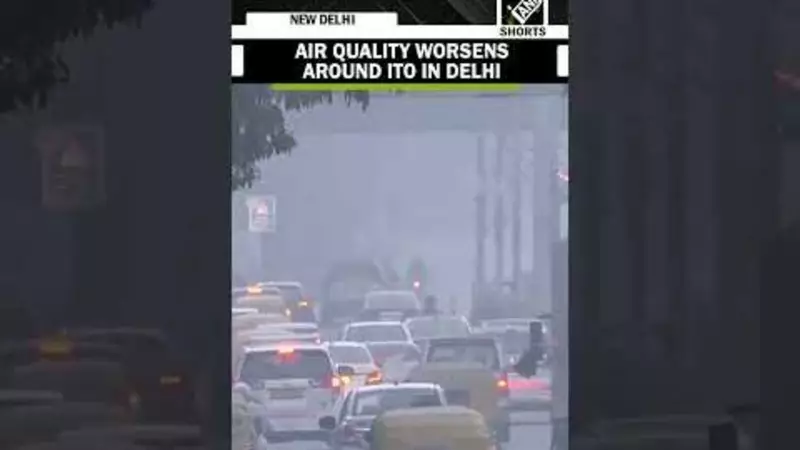
Just days after the Diwali celebrations, Delhi and the National Capital Region are grappling with dangerously poor air quality, recording an alarming Air Quality Index (AQI) of 292. The festive fireworks have left behind a toxic legacy that has prompted urgent government action.
Government's Cloud Seeding Solution
In an unprecedented move to combat the capital's air emergency, authorities have scheduled an artificial rain intervention for October 29. This cloud seeding technology represents one of the most ambitious attempts to wash away the pollutants choking the city.
The Post-Festival Pollution Crisis
The current air quality situation presents a significant health hazard for Delhi's residents. Medical experts are warning about the severe impact of prolonged exposure to such polluted air, particularly for children, elderly citizens, and those with pre-existing respiratory conditions.
What Artificial Rain Means for Delhi
Artificial rain, scientifically known as cloud seeding, involves dispersing substances into the air that serve as cloud condensation or ice nuclei. This process accelerates the formation of rain droplets, potentially washing away airborne pollutants and providing temporary relief from the toxic smog.
Health authorities recommend:
- Avoiding outdoor physical activities during peak pollution hours
- Wearing N95 masks when venturing outside
- Using air purifiers indoors
- Keeping windows closed during high pollution periods
The success of this artificial rain experiment could set a precedent for future pollution control measures in one of the world's most polluted cities. All eyes will be on Delhi's skies come October 29 as the city awaits its man-made monsoon against pollution.





